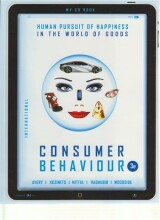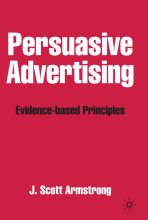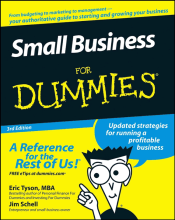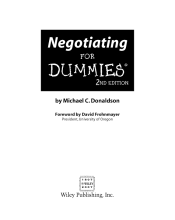Decisions - Decision models
5 important questions on Decisions - Decision models
What are judgment models?
Procedures and rules for taking into account various qualities of an alternative, thereby they guide our choice decisions.
What is a compensatory model?
In this model the consumer arrives at a choice by considering all of the attributes of a product and by mentally trading off the alternative's perceived weakness on one or more attributes with its perceived strength on other attributes. This calculation can be made in two ways:
- Equal importance distribution among the various attributes
- Weighted importance distribution among the various attributes.
Model is called compensatory because a shortfall on one attribute may be compensated by a good rating on another attribute.
Name and explain the four types of non-compensatory models.
- Conjunctive model: must have at least this much of these
- Disjunctive model: okay I am flexible; must have either this or that
- Lexicographic model: I will take the best on the most
- Elimination by aspects: At least this much on the most
- Higher grades + faster learning
- Never study anything twice
- 100% sure, 100% understanding
What are the differences between a disjunctive model and a compensatory model?
- The disjunctive model considers the sheer presence or absence of attributes, rather than the degree in which these attributes are present.
- In the compensatory model, the attributes traded off need not serve the same purpose, whereas in the disjunctive model they tend to do so.
Are the compensatory and non-compensatory models sensible?
Yes, because
- The consumer just goes about selecting and rejecting alternatives in some ways, but those ways represent the patterns of these models.
- Consumers don't really assign numbers or do the calculations, they use qualitative labels. We as researcher assign the numbers. Thus in practice consumers use these patterns in a qualitative and therefore somewhat imprecise manner.
The question on the page originate from the summary of the following study material:
- A unique study and practice tool
- Never study anything twice again
- Get the grades you hope for
- 100% sure, 100% understanding































